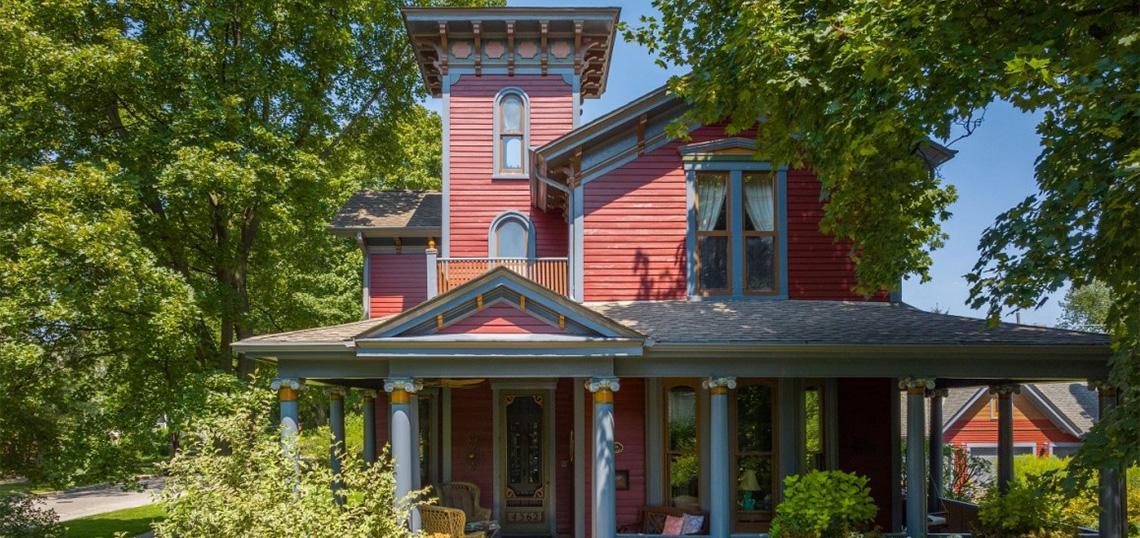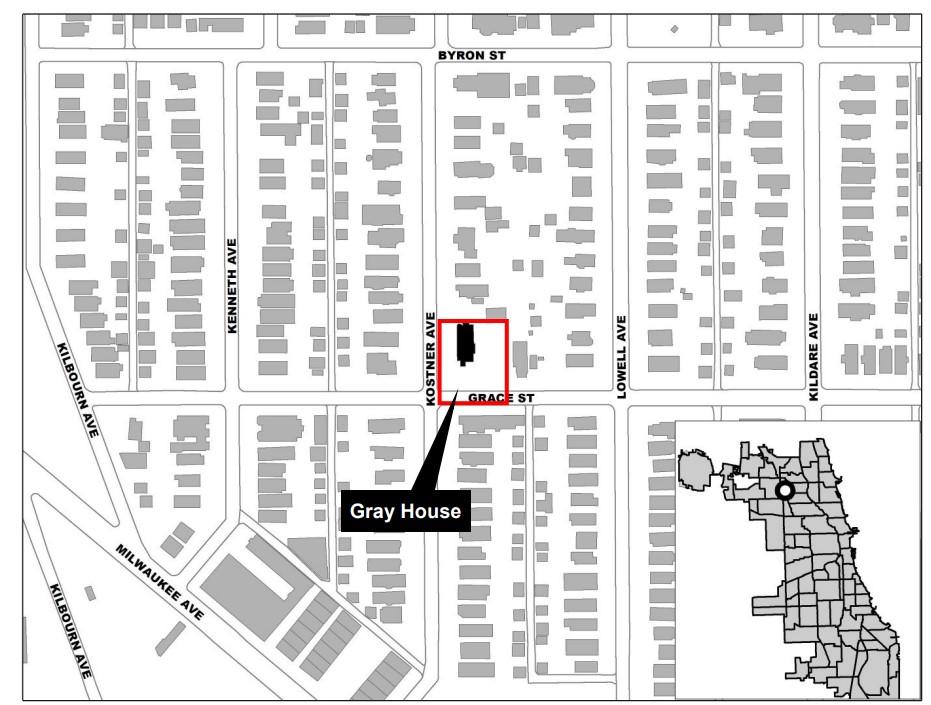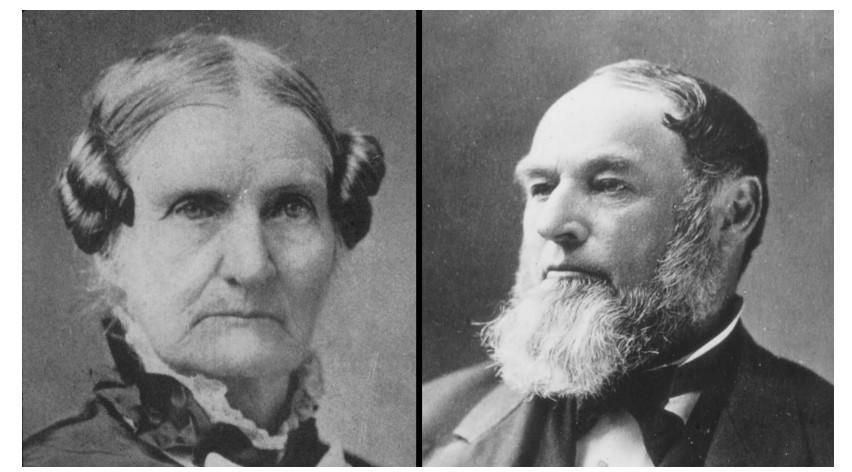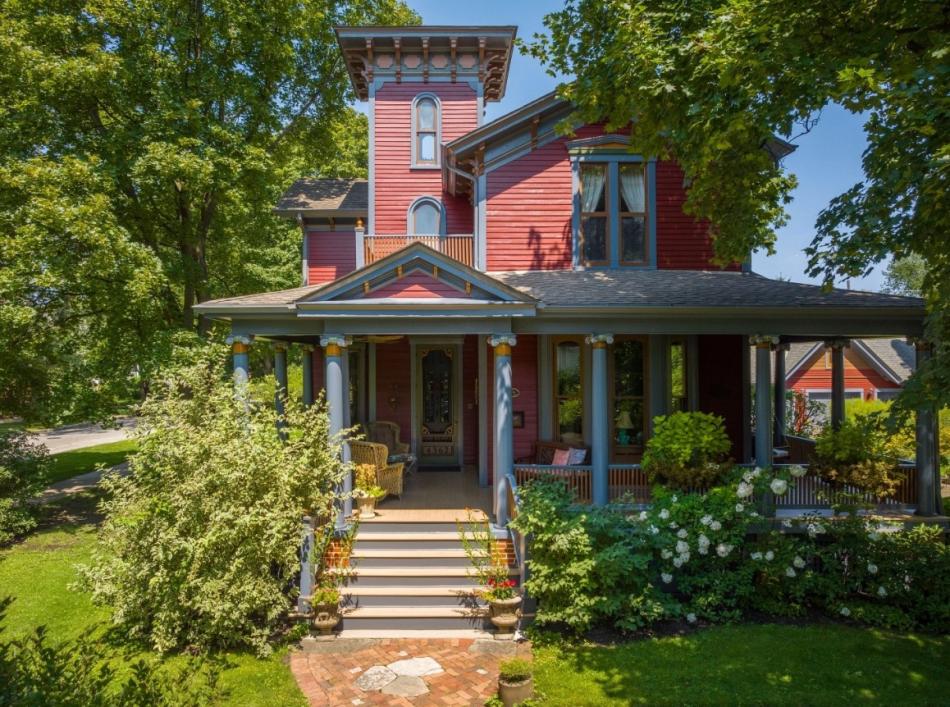The Chicago City Council has approved the landmark design of the Phebe and John Gray House in Irving Park. Located at 4362 W. Grace, the 1850s home is a two-story wood-frame Italianate-style residence with a third-story cupola.
Meeting Criterion 1 for its value as an example of city, state, or national heritage, the Gray House represents the Irving Park neighborhood’s early stage as rural farmland in Jefferson Township, prior to annexation by the City of Chicago. The Gray House’s proportions and large corner lot harken back to a time preceding the advent of suburban subdivisions. The juxtaposition of the Gray House with the repeating pattern of standardized house lots that surround it speaks to the development of Chicago’s “railroad suburbs” in the 19th century.
Also meeting Criterion 4 for its exemplary architecture, the home is an excellent example of 19th-century mail-order pattern-book architecture, a design and distribution method popularly used in suburban development. It is a great example of residential architecture in the Italianate style, an architectural style of great significance in the history of Chicago and the United States. It possesses numerous features distinctive to the style, including its asymmetric footprint, arcaded porches, arched-header windows, shallow-gabled roofs, overhanging eaves supported by cornice brackets, balustraded balconies, and a three-story tower with cupola.
The Gray House also meets the separate Integrity Criterion as it retains its historic overall exterior form and almost all exterior materials, features and detailing. Changes to the Gray House are minor and include the replacement of the original roof shingles with asphalt shingles, the expansion of the original front stoop with a wraparound porch, and minimal window alterations towards the rear of the original house. In 1989 and 2008, the home was expanded by removing portions of the Italianate’s rear wall to accommodate a two-story extension at the far north end of the building. In 2023, the current owners had the house repainted, choosing to replace the yellow exterior with a deep shade of red. Details of the Italianate’s ornamental trim are showcased by the new polychrome paint treatment.
With the landmark designation official, the building is now shielded from demolition or compromising alterations. T significant features to be protected are all exterior elevations, including rooflines, of the building. Excluded from the significant features is the garage at the northeast corner of the lot, which was permitted for construction in 1989.











